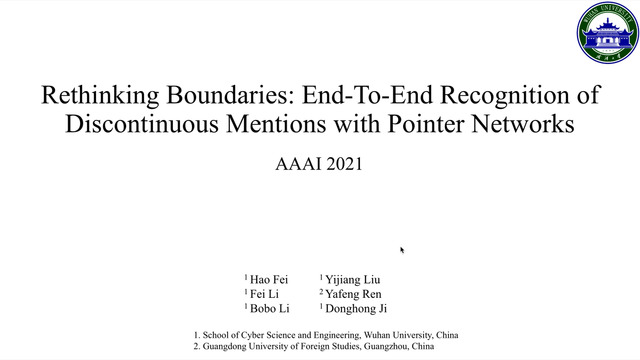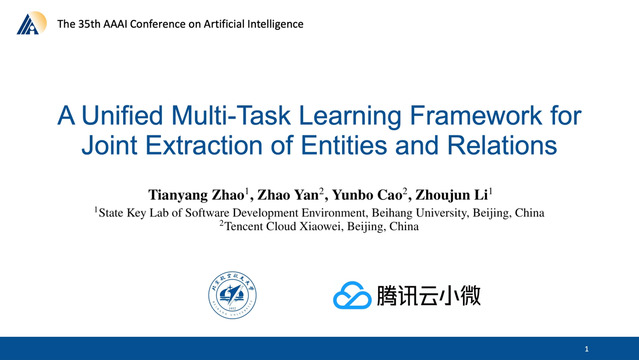Abstract:
Complex activity recognition is challenging due to the inherent diversity and causality of performing a complex activity, with each of its instances having its own configuration of primitive events and their temporal causal dependencies. This leads us to define a primitive event-based approach that employs Granger causality to discover temporal causal dependencies. Our approach introduces a temporal causal network generated from an optimized network skeleton to explicitly characterize these unique temporal causal configurations of a particular complex activity as a variable number of nodes and links. It can be analytically shown that the resulting network satisfies causal transitivity property, and as a result, all local cause-effect dependencies can be retained and are globally consistent. Empirical evaluations on benchmark datasets suggest our approach significantly outperforms the state-of-the-art methods. In particular, it is shown that our approach is rather robust against errors caused by the low-level detection from raw signals.









































